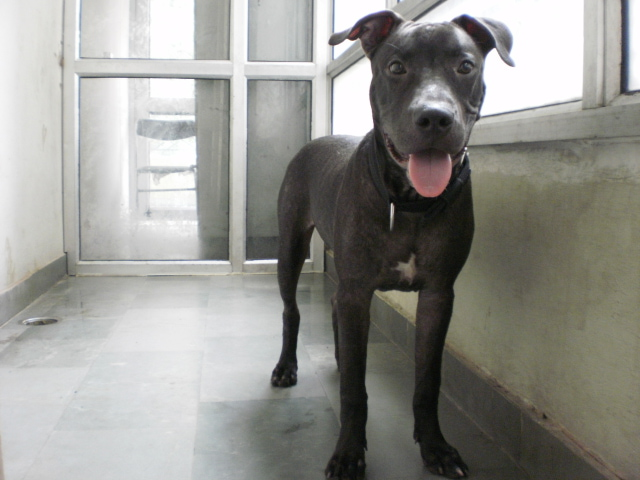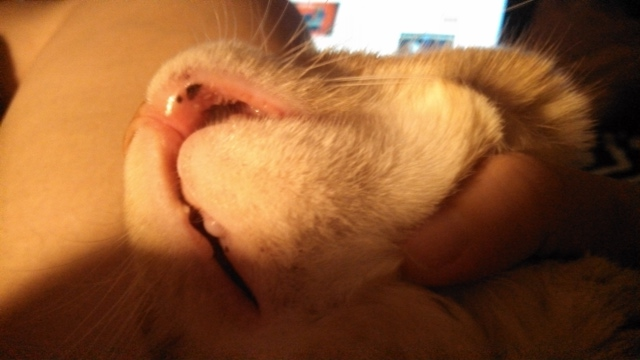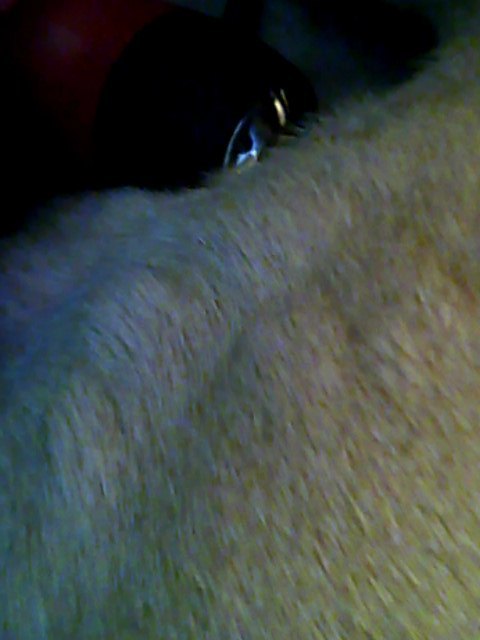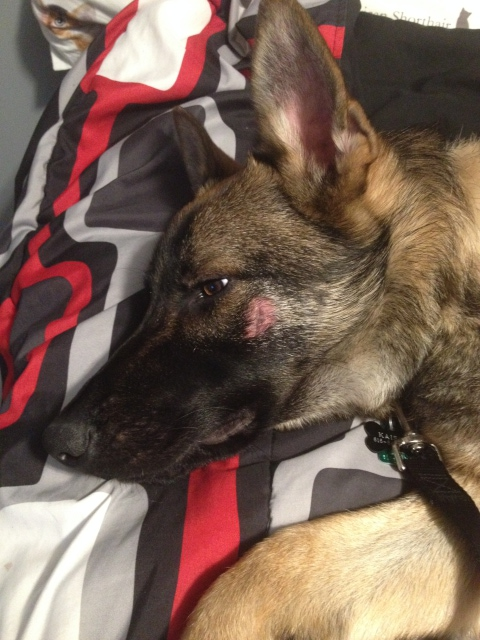QuestionDear Dr. Jennifer Fry,
Good day. I hope you can help me. I'm quite worried about my bulldog. He is 4 yrs old and 2 months ago while having his yearly vaccine. He was diagnosed to have heartworm using the 'witness'(I think its the antigen?) test. The doctor said he had at least 2 worms and recommended treatment for heartworm with immiticide. The night after he was injected was scary cause he kept on panting so hard. But after that he recovered after some weeks. But I have noticed lately since its summer here in our place, He became more weak than usual and pants more often than usual, we keep him inside airconditioned room when the weather gets hot, but he keeps on running around, panting, even though its nighttime. He keeps on standing and panting. I asked our vet before about this and he just recommended we keep him indoors which I did. I hope you can give me a second opinion. I am quite worried that I did the wrong thing having had him treated with immiticide for heartworm. Maybe it made his condition worse which is why he is like this now, panting badly, and 'keeps on running and walking around'. He seems highly nervous and restless. I wonder if this is a side effect of immiticide. Please help me. We live in a province in southeast asia and the vet we consult here is considered the best in our area and I have nobody to ask for a second opinion. Could this his panting, nervousness, and restlessness be a side effect of the heartworm treatment? Was I wrong in following my vet's advice to have him treated with immiticide?
He was not like this before we had him treated with immiticide for heartworm.
Now he pants very much often and keeps on running like restless even when he is inside airconditioned room.
He keeps on running around and panting like he is so restless. I cant understand what's wrong.
****Please tell me if this is a side effect of immiticide. Does it cause permanenet damage like this?
My bulldog has become so nervous and highstrung after the treatment(always walking restlessly and panting). He hardly sleeps and is always standing or walking around panting.
He was not like this before.
To add, it appears his body has become weaker as now he is so highly sensitive to the hot weather. (Prior to treatment this never happened)
I hope you can help me, I'm quite terribly worried. Thank you so much.
Yours sincerely,
Caroline
AnswerYes this is a side effect of the treatment.
The adult worms in his heart have been killed by the immiticide and now the body must get rid of them and often times small bites can lodge in the lungs.
I would recommend a chest x-ray and also ask your vet for some anti-inflammatories.
HEARTWORM DISEASE...
A serious threat to both indoor and outdoor dogs as well as cats, heartworm is a disease caused by a worm called Dirofilaria immitis. The parasite is transmitted to dogs and cats by mosquitoes. The immature worms circulate in the bloodstream and then migrate to the right side of the heart. Adult heartworms can grow to be as long as 14 inches and up to 100 or more worms can be living at one time. Heartworms cause serious and sometimes fatal diseases, so prevention and treatment is critical.
Clinical signs include coughing, exercise intolerance, weakness, difficulty breathing, and fainting following exercise, if the dog is able to exercise at all. Eventually, congestive heart failure can develop, resulting in the backup of fluid within the abdomen and under the skin of the rear legs. Coughing from the lung damage, jaundice from liver damage, and weakness from damage to other organs may develop. In severe cases, sudden death can occur following exercise
Diagnosis of heartworms is done by a ten-minute blood test that detects antigens made by the female adult heartworm. Blood can also be examined under the microscope to look for microfilaria (adult heartworm offspring). In some cases the antigen test can be falsely negative if there are too few heartworms, or if there are only male heartworms present. A chest x-ray also determines the severity of the illness and will show changes that reflect heartworm disease such as heart enlargement, pulmonary artery enlargement and any lung changes. Blood work can indicate if the dog is anemic from the disease, and it will help determine the overall health of the animal.
Treatment of heartworms is still somewhat risky, but it is much safer today than it was years ago. Melarsomine dihydrochloride or Immiticide kills adult and immature worms, and is the treatment of choice today for dogs. However, there is no treatment for cats. Before determining the treatment plan, the veterinarian first will perform a variety of tests to determine the severity of the disease. Generally the Immiticide will be administered as two deep muscle injections, given 24 hours apart. The dog is kept hospitalized and monitored closely for any reactions. If the disease is staged as severe, however, the veterinarian will alter the treatment plan to minimize the potential side effects. Three to four weeks after the injections are given, a medication will be administered to kill the circulating microfilaria. The dog must rest during this entire period (3-6 weeks) to prevent adverse effects from occurring. No running, jumping, or excessive stair climbing should be allowed.
Prevention: Interceptor & Proheart6, prescription heartworm preventive medications available at AVAH, are nearly 100% effective in preventing heartworm disease and intestinal parasites when administered properly. In addition, Interceptor may be given to cats. Heartworm prevention is recommended year-round and only costs about $3-7 a month depending on the size of your pet.
For more information, stop by AVAH or visit www.petwellness.com and www.proheart6.com

 ivermectin dosage
QuestionQUESTION: Can ivermectin tablet 10mg be adminis
ivermectin dosage
QuestionQUESTION: Can ivermectin tablet 10mg be adminis
 sore on lip
Question
lilly lip
Hello, Im writing to ask abou
sore on lip
Question
lilly lip
Hello, Im writing to ask abou
 Dog has huge raised lumps and is off his food 2 days
Question
Hair covered lumps
Hello,
My ABPT (app
Dog has huge raised lumps and is off his food 2 days
Question
Hair covered lumps
Hello,
My ABPT (app
 Chanel
Question
Chanel
I had a miniature pinscher of 8
Chanel
Question
Chanel
I had a miniature pinscher of 8
 Dog Mange
Question
Mange Mange 2
Hello!
I have a qu
Dog Mange
Question
Mange Mange 2
Hello!
I have a qu